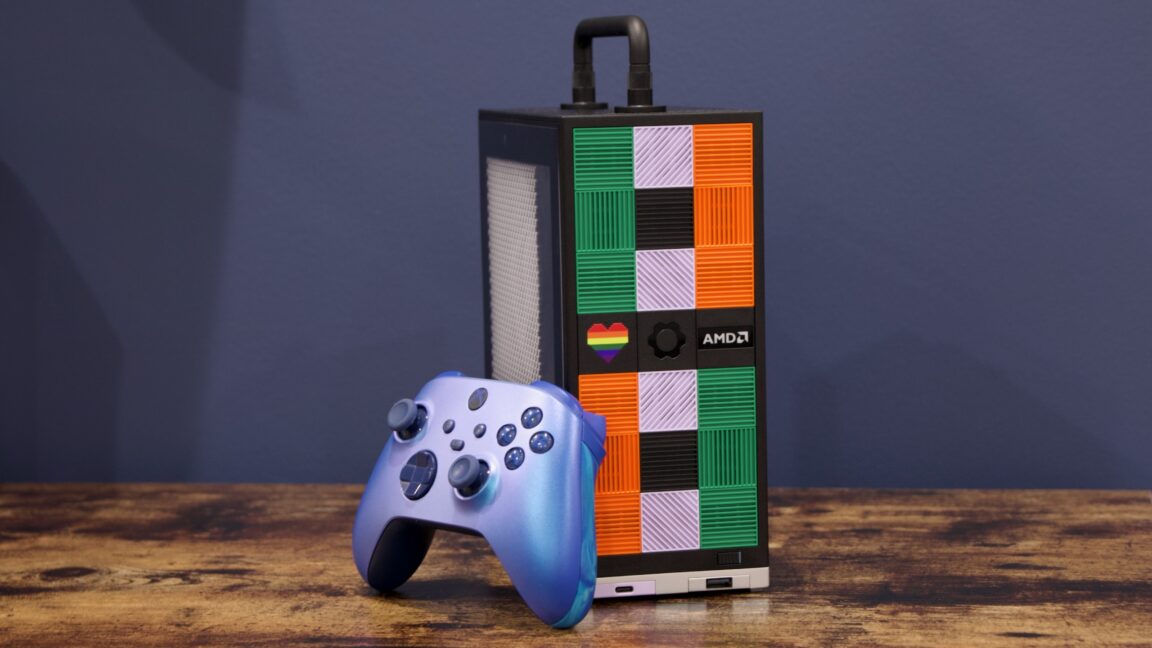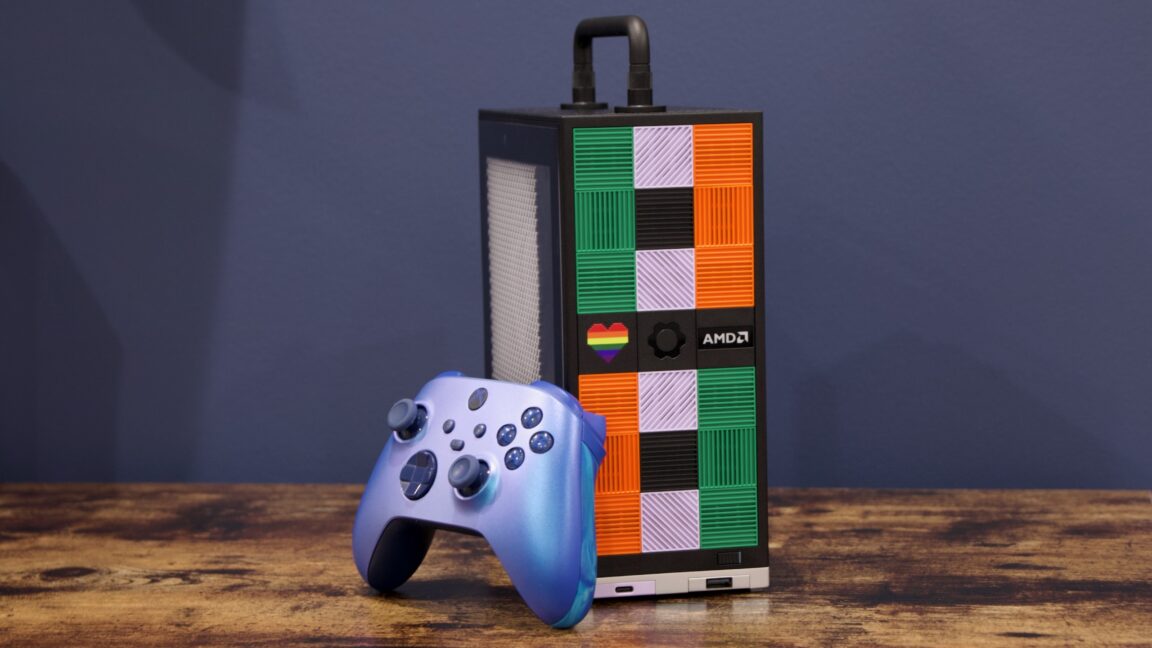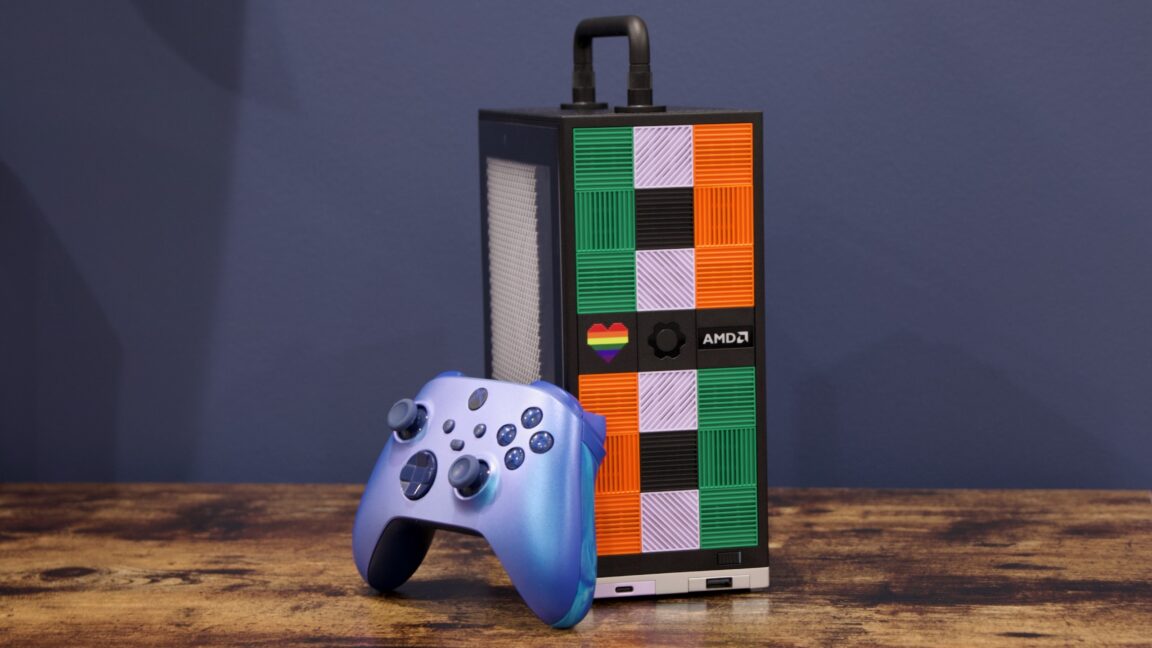Innovative PC Design: The Framework Desktop Review

The Framework Desktop, a unique contender in the realm of compact PCs, blends the features of a traditional desktop and the sleekness of Apple's Mac Studio. Celebrated for its commitment to modularity and upgradeability, Framework has now ventured into the desktop sphere, albeit with a slightly different approach.
Framework has gained recognition for producing modular laptops that allow users to upgrade and repair their devices over time. This philosophy extends to their many iterations of the Framework Laptop 13. However, with the Framework Desktop, the idea of an easily upgradeable system takes a back seat, as the design is more fixed compared to its laptop counterparts.
Opening the box reveals a neatly organized package with the desktop and its accessories packed in recyclable materials. Despite marketing as a DIY option, the assembly is minimal. Most components, such as the motherboard and power supply, are pre-installed, requiring only the installation of the SSD and fan by the user.
Framework has crafted the desktop with standards in mind. The components, like the motherboard and power supply, follow widely-used formats, allowing for easier repairs and replacements. However, the system's core elements like the CPU, GPU, and RAM are soldered, limiting future upgrades.
The Framework Desktop offers a solid performance profile, featuring either a powerful 16-core Ryzen AI Max+395 or its lower-tier counterpart, with substantial RAM configurations. The GPU integrates seamlessly, though it falls short against dedicated graphics cards in the same price bracket.
One standout feature is the personalized front panel, styled with customizable tiles that add a touch of individuality to the otherwise plain exterior. Yet, these panels are made of plastic, which contrasts with the premium materials used in competing mini PCs.
This desktop’s potential market includes users seeking a compact machine with decent gaming and computational capabilities, or a Linux-or-Windows based alternative to the Mac Studio. Nonetheless, the lack of upgradeability might deter PC enthusiasts drawn to Framework’s legacy.
Framework’s innovation with the Desktop model is clear, catering to users who value compactness and quiet performance. Although it forgoes certain modular advantages, its design and functionality still appeal to those in need of a versatile small-form-factor PC.
“Framework has once again crafted an innovative yet slightly unconventional product that may not please all PC enthusiasts but still stands out in a niche market.”
Overall, the Framework Desktop emerges as a distinctive option in the growing sector of compact PCs, offering a blend of style, performance, and craftsmanship that appeals to a specific audience.



